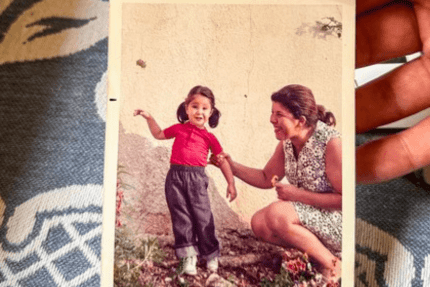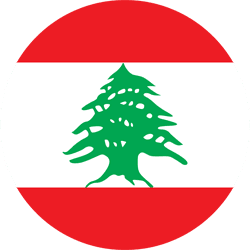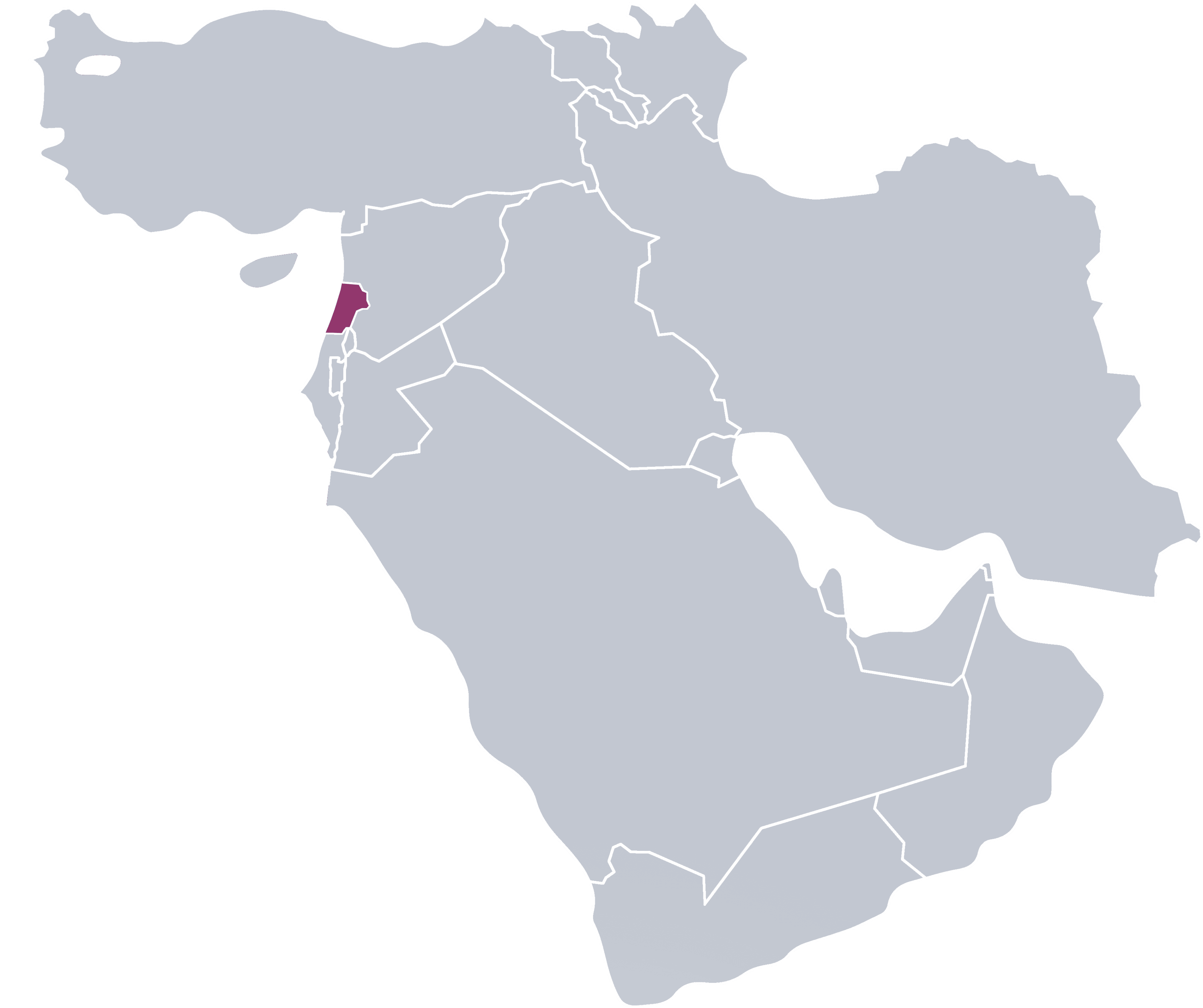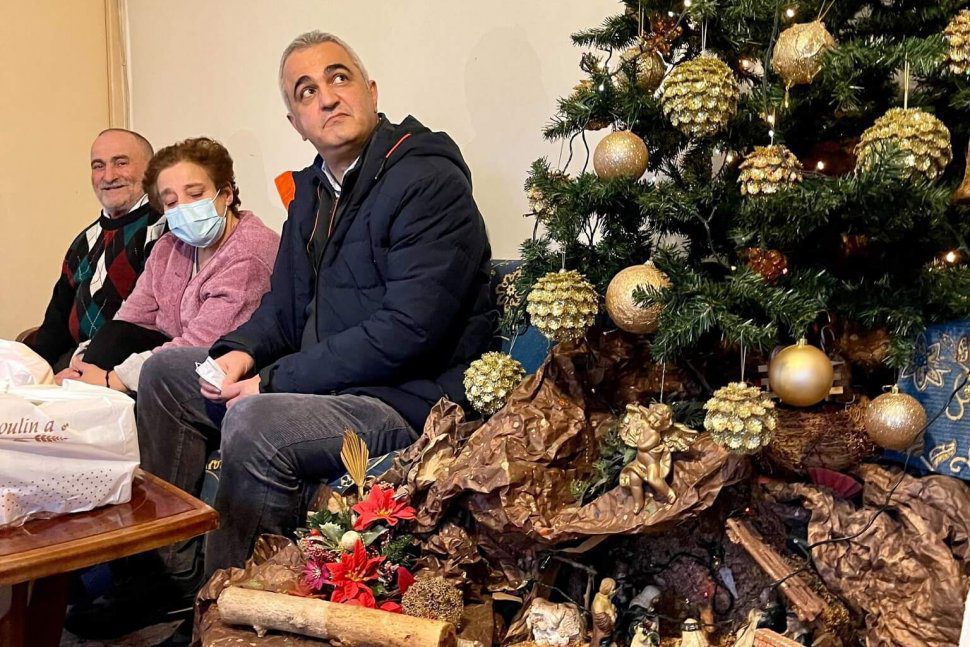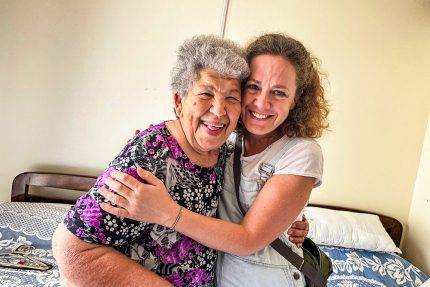“In our house there is no Christmas tree without a nativity scene. There is a crib under every tree. Sometimes even bigger than that. There might not be a Christmas tree, but there must always be a nativity scene.” explains Rita, our co-worker in Lebanon, as she saw that we were surprised.
We have grown accustomed to seeing commercial Christmas decorations that steer clear of religious symbols. That is why in Lebanon, the ubiquitous nativity scenes attract attention. The sight of richly decorated mangers with figures of the Holy Family, the Three Kings, shepherds and animals greeting guests in front of entrances to shopping malls, at roundabouts, in hotels and restaurants is quite surprising indeed.
“This has always been a country where Islam and Christianity have intermingled. Despite various disputes in the past, Sunnis, Shiites and Christians are able to live in harmony here, respecting each other.” says our interviewee. Lebanon is full of religious symbols. On a high hill above Jounieh there is a sanctuary of the Mother of God, and next to it there is a huge statue of her towering over the coast like the cross on Giewont over Podhale. If you drive north from Beirut, you will see three huge statues of Jesus within a few minutes. For the Lebanese, however, religious symbols are not just an expression of popular piety, they are an address, they show who lives here and where they belong.
“Nobody raises their hand against crosses here, just as nobody raises their hand against mosques. The border between the two religions is not the continents and the thousands of kilometres that separate the two cultures, but the neighbours’ fences, and with neighbours it is good to live in harmony.” says Rita.
The Christians in Lebanon are slowly becoming a minority. It used to be said that Sunnis, Shiites and Christians were equal in numbers. Due to the economic crisis that is crippling the country, many Christians have left. They have to fend for themselves, while the Sunnis are supported by the Saudi Arabian community and the Shiites by the Iranian community. Catholics are not supported by anyone. One million Christians now live here among the 3 million Lebanese Muslims and 3.5 million Syrian refugees. Despite this, Christianity is not disappearing into the background. Nobody is ashamed of their symbols, and Christmas is not about a tree adorned with lights, bearded gnomes and reindeer, but about God’s Son coming into the world. The neighbours know this and respect it.
For several months, the Good Factory has been helping the sick and poor survive a very difficult time of economic crisis unprecedented in modern history. Join us!
